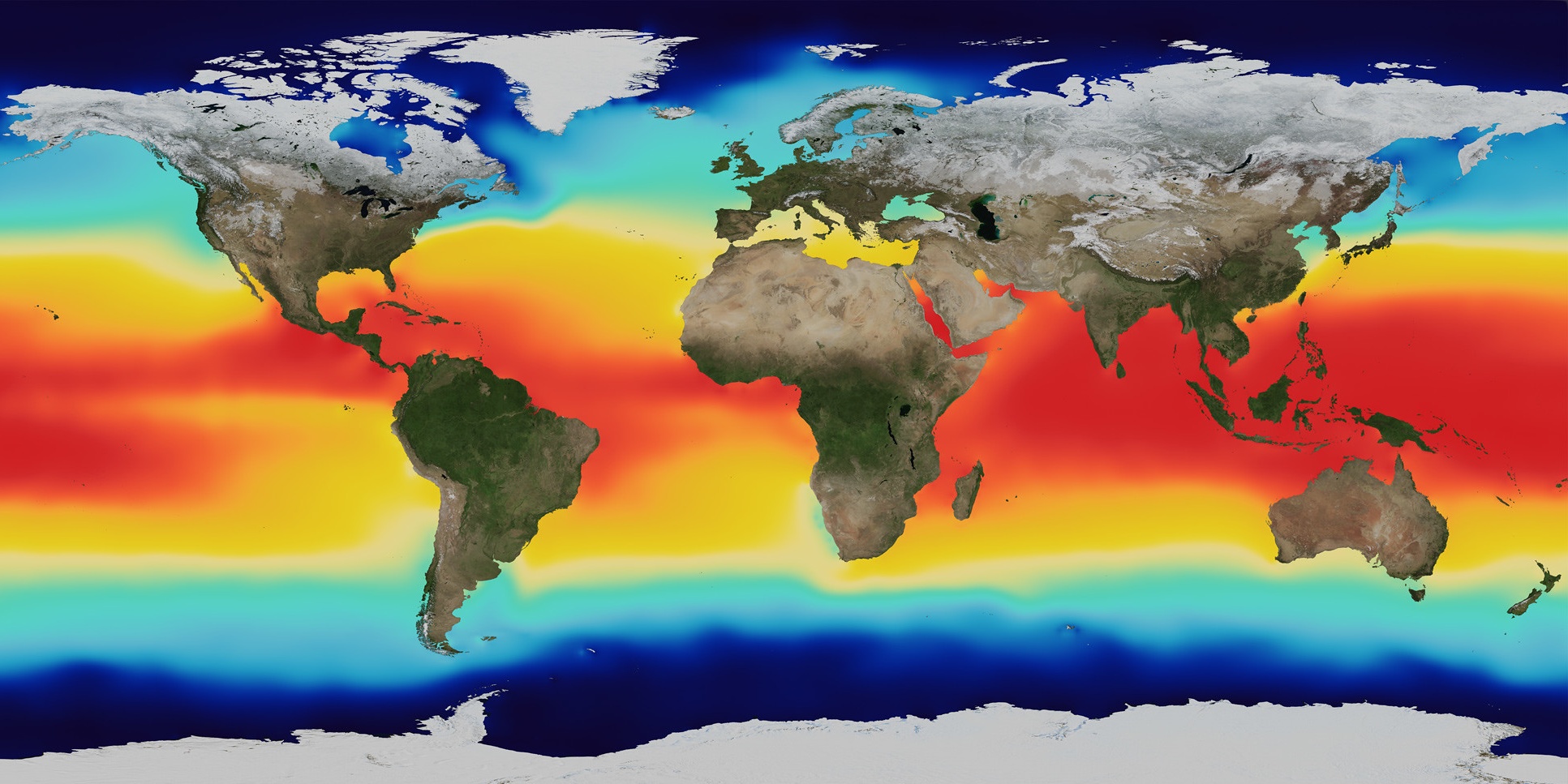
This news item forms part of the ISC’s new series, Transform21, which explores the state of knowledge and action, five years on from the Paris Agreement and in a pivotal year for action on sustainable development.
The Sixth Report from the Intergovernmental Panel on Climate Change (IPCC) Working Group 1 is the starkest warning yet on climate change. Drawing on the latest advances in climate science, such as improvements in climate modelling and improved datasets on historical warming, the Report’s authors make clear that all regions of the world are already experiencing climate change. The International Science Council welcomes the report and congratulates all those involved in its production.
Human activities are ‘unequivocally’ responsible for global warming, and anthropogenic emissions have caused approximately 1.1°C of warming since 1850-1900. The past five years have been the hottest on record since 1850, and climatic and weather extremes are becoming more frequent. It is important to stress that the extreme climatic events experienced globally during 2021, which have brought home to many that climate change is not a distant threat but a current reality, have not yet been incorporated in the IPCC analysis.
The data presented in the report warns that the goal of the Paris Agreement – to keep warming to well below 2°C by the end of this century and pursue action to limit it to under 1.5°C – may slip out of reach. Under all emissions scenarios considered, warming is projected to reach or exceed 1.5°C above pre-industrial levels by 2040.
However, the kind of future we have ‘is in our hands’ said Inger Andersen, Executive Director of UN Environment, during the press conference. The scenarios outlined in the Report show that decisive action on CO2 and other greenhouse gas emissions, if implemented quickly and sustained over the long-term, does have the potential to curb warming and possibly reverse the temperature increase later in the century. Doing so would require cutting emissions in half by 2030, and getting to net zero emissions by 2050.
This demands action on the part of decision- and policy-makers to establish ambitious emissions reductions targets, to implement the changes required rapidly, and to sustain activity over the coming years, so that emissions cuts become cumulative.
The science community has provided a wealth of information on the kind of actions required to achieve emissions reductions and how to implement them and stands ready to assist decision-makers by acting as information brokers.
‘This is a landmark report,’ said Daya Reddy, President, International Science Council.
It demonstrates how advances in climate science are providing ever more richly textured and regionally-specific analysis of our changing climate, and projections of how global warming may affect societies and economies. The scale of the changes described presents the global policy-making community with a challenge: act now or face increasingly dangerous climate change that will affect generations to come. But the science is clear: there are options available to slow global warming and reduce future risks.
Daya Reddy, President, International Science Council
The next reports expected from the IPCC working groups – on mitigation of climate change and on impacts, adaptation and vulnerability -, are expected to further illustrate the kind of action required, ahead of the 2023 UNFCCC Global Stocktake, which will review progress towards the Paris Agreement.
More from the ISC on climate change
Throughout this decisive year for climate policy, we’re curating the latest content from our network of scientists and change-makers who will meet in Glasgow, UK, for COP26 and Kunming, China for COP15.
World Climate Research Programme (WCRP)
WCRP leads the way in addressing frontier scientific questions related to the coupled climate system and contributes to advancing understanding of the multi-scale dynamic interactions between natural and social systems that affect climate.
Future Earth
A global network of scientists, researchers, and innovators collaborating to provide the knowledge needed to support transformations towards sustainability for a more sustainable planet, with the mission to accelerate transformations to global sustainability through research and innovation.
ISC Affiliated Bodies
See more of the ISC’s and the international science community’s climate work through our Affiliated Bodies, such as:
Image by Climate Safety on Flickr